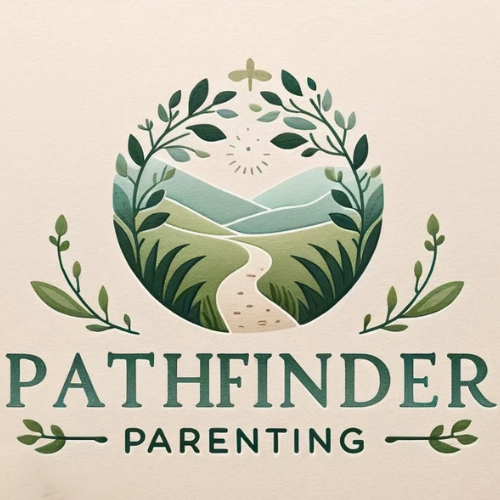Just imagine the impact of truly listening to your child – not just hearing their words, but understanding their feelings, fears, and hopes. In this fast-paced world, empathetic listening can be a powerful tool to connect with your child on a deeper level. By embracing this form of communication, you can foster trust, strengthen your bond, and create a safe space for your child to open up and be themselves. Let’s explore the transformative power of empathetic listening in parent-child relationships.
Key Takeaways:
- Builds Trust: Empathetic listening nurtures a strong bond of trust between you and your child. It shows them that you are truly present, engaged, and understand their feelings.
- Fosters Emotional Connection: By listening with empathy, you create an emotional connection with your child that goes beyond words. It allows them to feel heard, valued, and supported.
- Promotes Positive Communication: Empathetic listening sets a positive tone for communication, encouraging open and honest conversations. It helps cultivate a safe space for your child to share their thoughts and emotions.
The Foundation of Empathetic Listening
What is Empathetic Listening?
Empathetic listening is the art of truly understanding and connecting with your child by fully immersing yourself in their world. It involves not just hearing the words they speak, but also understanding their emotions, perspectives, and needs.
Why is it Essential for Parent-Child Relationships?
With empathetic listening, you create a safe and nurturing environment where your child feels seen, heard, and valued. This deep level of understanding fosters trust, strengthens your bond, and encourages open communication.
Breaking Down Barriers to Connection
Letting Go of Distractions and Judgments
For you to truly connect with your child on a deeper level, it is crucial to let go of distractions and judgments. When you actively listen to your child without the distraction of devices or your own preconceived notions, you create space for authentic connection and understanding.
Creating a Safe Space for Open Communication
Any barriers to connection can be broken down by creating a safe space for open communication. When your child feels heard, respected, and valued, they are more likely to open up to you. This involves setting aside time without interruptions, actively listening without interruptions, and validating your child’s feelings.
Creating a safe space for open communication also means being willing to have difficult conversations with your child. By approaching these discussions with empathy and understanding, you can strengthen your bond and foster a sense of trust that will deepen your connection.
Practicing Empathetic Listening in Daily Life
Active Listening Techniques for Parents
For you to engage in empathetic listening with your child, active listening techniques can be powerful. This includes maintaining eye contact, nodding to show you’re listening, and summarizing what your child has said to ensure you understand correctly.
Navigating Emotional Conversations with Your Child
On emotional conversations with your child, it’s important to create a safe space where they feel heard and validated. Listen without judgment, acknowledge their feelings, and offer empathy and support to help them navigate their emotions.
Techniques to Support Emotional Conversations
When navigating emotional conversations with your child, remember to practice patience and give them the time they need to express themselves fully. Reflect back what you hear to show you understand, and validate their emotions without trying to fix or minimize them. Your presence and understanding can go a long way in strengthening your bond with your child.

Nurturing Deeper Connections and Stronger Bonds
Fostering Trust and Intimacy through Empathy
The key to nurturing trust and intimacy with your child lies in the way you listen and respond to their feelings. By truly empathizing with their emotions and experiences, you not only validate their feelings but also strengthen your bond with them. When you show understanding and compassion, your child feels seen and heard, building a foundation of trust that paves the way for deeper connections.
Celebrating the Power of Vulnerability in Parenting
Stronger bonds are formed when you allow yourself to be vulnerable with your child. Sharing your own struggles, fears, and insecurities can create a safe space for open communication and emotional intimacy. By demonstrating that it’s okay to be imperfect and vulnerable, you show your child that they can trust you with their own vulnerabilities, deepening your connection.
Nurturing these deeper connections and stronger bonds through empathetic listening and vulnerability is a powerful way to cultivate a loving and supportive relationship with your child. By practicing empathy and embracing vulnerability, you create a space where your child feels valued, understood, and unconditionally loved, fostering a deep and meaningful connection that will last a lifetime.
Summing up
So, by practicing empathetic listening, you can truly connect with your child on a deeper level. This type of active listening fosters understanding, trust, and strengthens your relationship. Remember to empathize, validate, and reflect your child’s feelings to create a safe and supportive environment for open communication. Your efforts in empathetic listening will not only enhance your bond with your child but also promote their emotional well-being and development.

